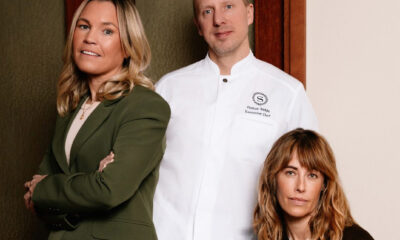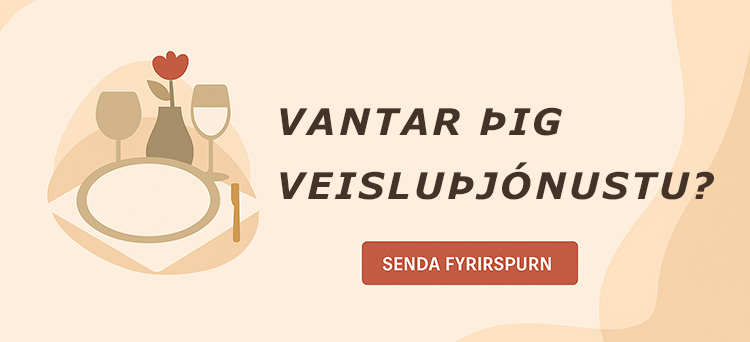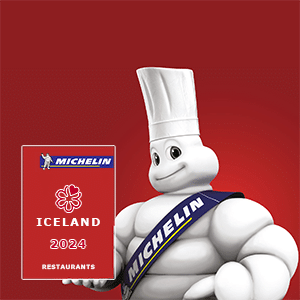Lifid
Kazakh Financial Police Squeeze Out Winemaker
ALMATY, Kazakhstan Yury Wegelin, a German citizen who owns and runs a successful wine and juice company in Kazakhstan, spent five months in jail last year, three of them in solitary confinement in a small, windowless cell.
Neither he nor Gold Product, the company he founded in 1997, has been found guilty of any wrongdoing, but the firm has faced repeated audits and is fighting two cases in the courts.
Wegelin should be a mascot for economic reform in Kazakhstan, an ex-Soviet state with booming oil production that says it wants to root out corruption and diversify from oil and gas by letting small and medium businesses flourish.
Instead, he says, he has spent nearly two years battling legal attacks from the Agency for Fighting Economic Crimes and Corruption also known as the financial police acting, he believes, on the orders of corrupt senior officials.
The main details of Wegelins case, including the fact that he was arrested in a hospital, were confirmed by an independent witness who did not wish to be identified.
Wegelin believes his success is the root cause of his woes.
The smaller a company is, the fewer problems it has, he said. Success is dangerous in Kazakhstan.
The 45-year-old businessman said his troubles started in 2004, when he got several phone calls telling him to give up his company. He did not want to name those who made the calls.
A week later we had the first audit, he said in his office in a rundown industrial estate in Almaty.
He was jailed in April after the financial police said Gold Products wine, which has won several awards in Kazakhstan and abroad, failed to meet health and safety standards.
I was in a hospital here in Almaty due to the stress involved in this case I have high blood pressure and heart problems and about 12 men marched in to arrest me, he said.
In June, he was moved to a new prison and placed in solitary confinement in a cramped cell, lit around the clock by a dim lamp. He was suddenly released in September with no explanation.
Hearsay about corrupt officials extorting cash and even seizing companies is common here, but victims rarely speak out publicly so it is hard to quantify the extent of the corruption problem.
Berlin-based Transparency International ranks Kazakhstan in the worst third of all countries in its Corruption Perception Index, although it also noted an improvement over the previous year in its most recent survey in 2005.
Western lawyers in the countrys commercial capital, Almaty, say the courts are susceptible to both political pressure and bribery.
And a World Bank project (www.doingbusiness.org) that assesses bureaucratic hurdles but does not take into account corruption ranks the country in the bottom half of 155 nations surveyed for the ease of doing business.
The financial police did not reply to a fax sent in May seeking comment on Wegelins case and repeatedly deferred providing a spokesman. Foreign Minister Kasymzhomart Tokayev, asked to comment, said: This is not a very common case.
He said the financial police believed they had a strong case against Gold Product and he did not know why Wegelin was jailed.
The problem is how they were handling this case, he said of the financial police, but declined to elaborate.
Wegelins case may be extreme, but some analysts say it is not uncommon for successful companies in the vast central Asian state to change ownership under murky circumstances.
Kazakhstan has a complicated way of doing business, Leonid Peisakhin, an analyst for London-based risk consultancy Exclusive Analysis, told a banking conference in June.
Lucrative enterprises are captured by structures close to the ruling family.
President Nursultan Nazarbayevs administration has repeatedly said it wants to foster small and medium-sized businesses.
Gold Product, which also makes vegetable conserves and has a metalworking plant, started as a collection of rusting Soviet-era warehouses and rapidly grew into a household name.
Wegelin grew up as part of the ethnic German diaspora in Kazakhstan and emigrated to Germany in 1990 before returning in 1997.
Now barred from leaving, he says he will fight on.
He still faces legal worries: the original criminal case about the quality of the wine has been dropped, but a civil suit from the financial police is now underway.
The financial police are also demanding 1 billion tenge (about $8.1 million) in back taxes. Wegelin said he paid the taxes but if he lost this case, it will bankrupt his company.
He says he has no quarrel with the government, just the financial police. A photograph of Prime Minister Danial Akhmetov touring his factory hangs above his desk.
Many of Wegelins staff have resigned after being put under pressure by the financial police.
One who did not leave, wine factory director Vera Kravtsova, said she also spent three days in prison last year and was kept under house arrest until December.
They wanted me to testify against Mr. Wegelin and they wanted to scare me, she said.
Source: times.spb.ru

-

 Viðtöl, örfréttir & frumraun3 dagar síðan
Viðtöl, örfréttir & frumraun3 dagar síðanMyndaveisla frá hátíðarkvöldverði Klúbbs Matreiðslumeistara 2026
-

 Nýtt bakarí, veitingahús, fisk- og kjötbúð og hótel5 dagar síðan
Nýtt bakarí, veitingahús, fisk- og kjötbúð og hótel5 dagar síðanNý matreiðslustefna á Sheraton – Mr. Bronck opnar í mars
-

 Frétt3 dagar síðan
Frétt3 dagar síðanTilkynning frá Suðurnesjabæ vegna umfjöllunar um Sjávarsetrið
-

 Markaðurinn15 klukkustundir síðan
Markaðurinn15 klukkustundir síðanEyjó og Dóri mættu með afmælisköku – Hafið fagnar tímamótum
-

 Keppni2 dagar síðan
Keppni2 dagar síðanFreyja Þórisdóttir stóð uppi sem sigurvegari í keppninni um Bláa Safírinn – Myndir og vídeó
-

 Viðtöl, örfréttir & frumraun4 dagar síðan
Viðtöl, örfréttir & frumraun4 dagar síðanSjónvarpskokkurinn James Martin tapar í vörumerkjadeilu
-

 Viðtöl, örfréttir & frumraun5 dagar síðan
Viðtöl, örfréttir & frumraun5 dagar síðanStóra veislusýningin í Múlabergi
-

 Keppni14 klukkustundir síðan
Keppni14 klukkustundir síðanKokkur ársins 2026 og Grænmetiskokkur ársins 2026 fara fram í IKEA í mars











